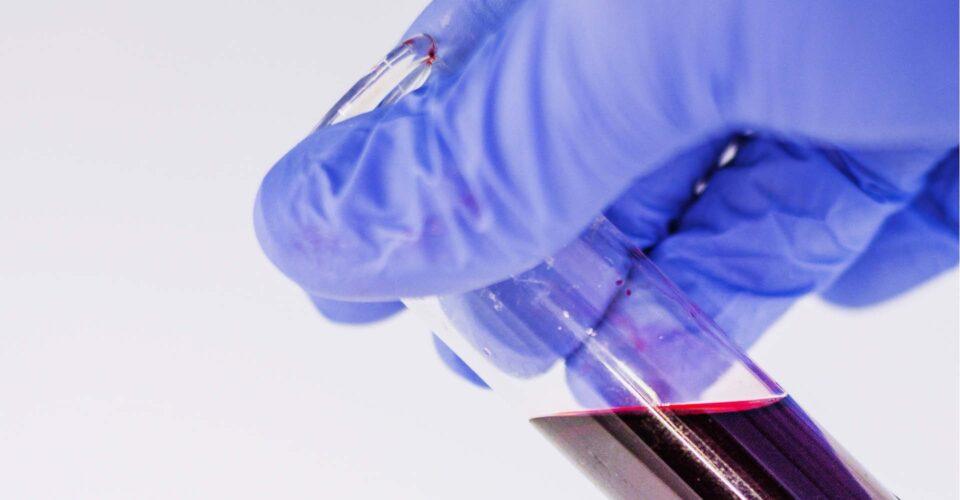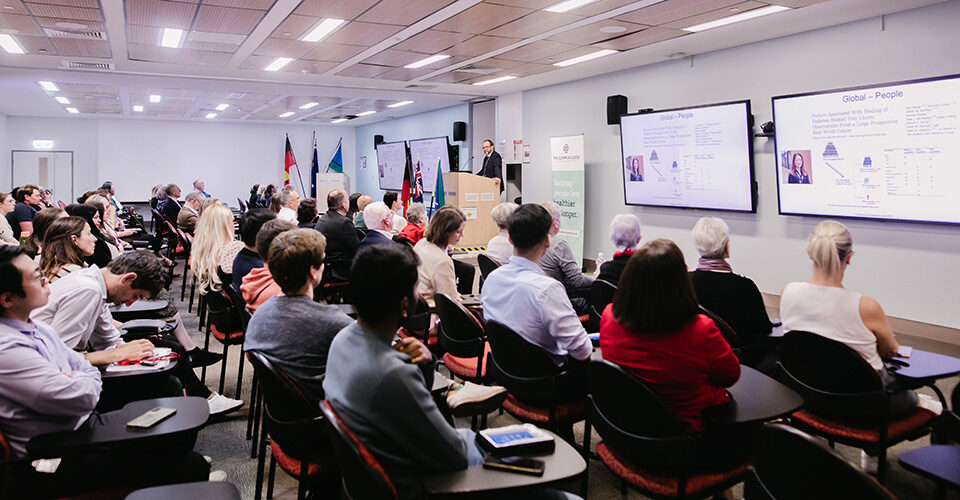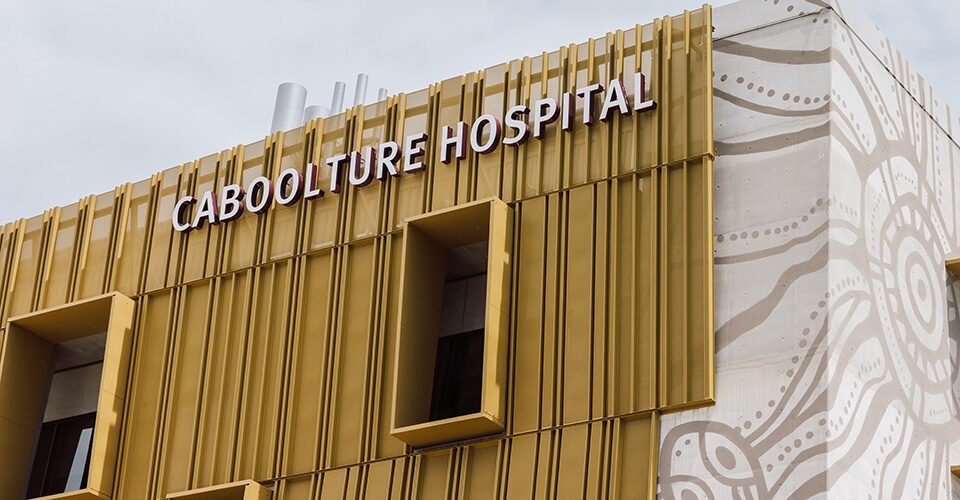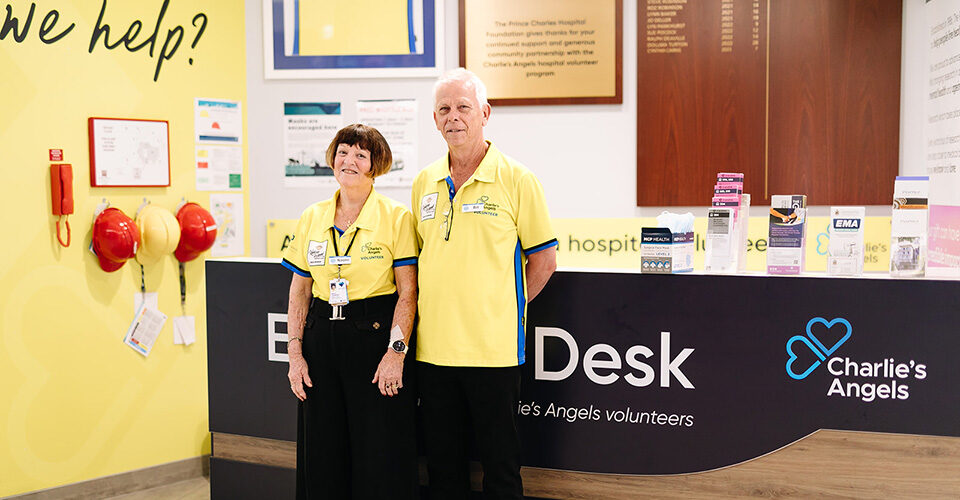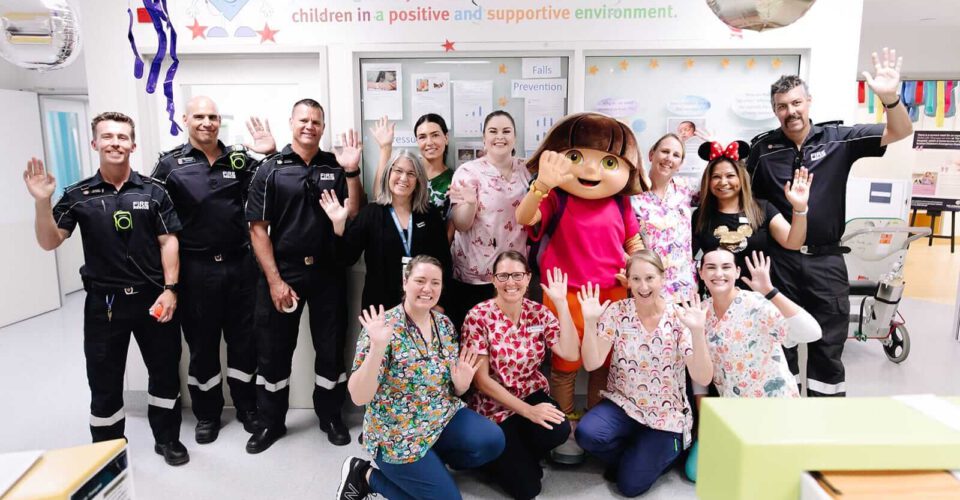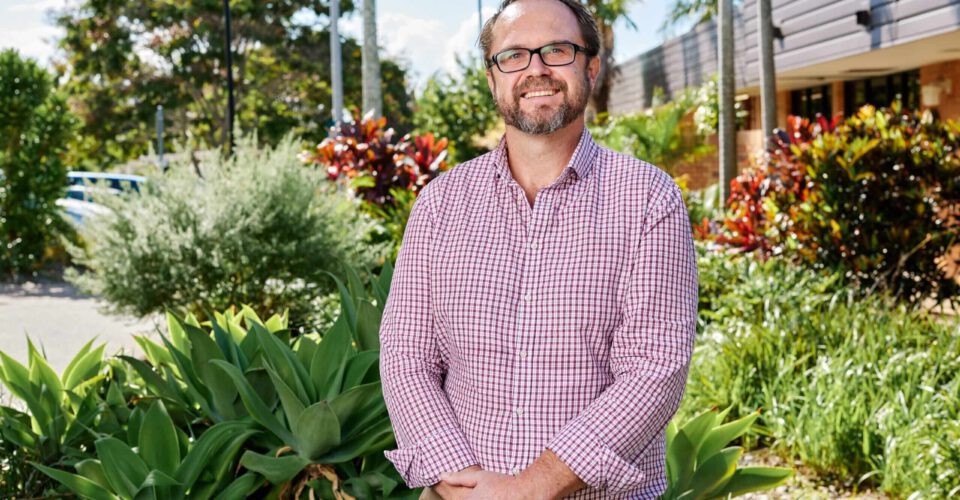Currently, surgery is regarded as the best treatment for early stage lung cancer. However, people who have had curative surgery to remove a lung cancer tumour remain at risk of developing it again in future.
This means patients who have lung cancer must undergo invasive biopsies of their lungs in order for the clinician to assess what treatment is needed and the potential recurrence of the disease. However, around 20% of patients are unable to have their lung cancer biopsied due to other serious health conditions that make the biopsy procedure too risky.
That’s where Professor Kwun Fong and his team come in. They’re committed to find a way to non-invasively predict disease progression in lung cancer patients, by assessing their blood – using small vesicles known as exosomes. Professor Kwun Fong and his team will test the “exosomal lung prognosticator (ELP)” panel, developed A/Prof Moller, on stored lung cancer tissue and blood samples from surgically treated patients with non-small cell lung cancer (NSCLC) to see if the progression of lung cancer in these patients was evident in these exosomes.
The success of this study could change the way lung cancer treatments are assessed and allow our most unwell patients to receive the treatments they so desperately need.
Support The Common Good here
